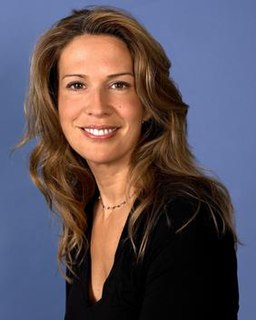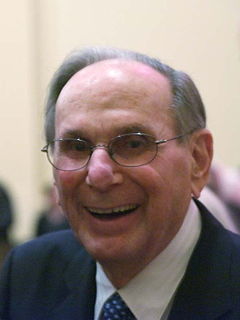A Quote by Kazuo Ishiguro
I was a little concerned that a lot of people thought I wrote Merchant Ivory movies. I also thought if I was ever going to write something strange and difficult, that was the time.
Related Quotes
I wish I could sit back and say, 'Oh, I'm gonna wait for a Merchant-Ivory film to come my way. Or Ivory-Merchant. Whatever it's called. But you just take what's given and then, hopefully, down the road you can be more choosy and only do, say, Wayans brothers movies. That's my goal: to be more Merchant-Ivory-Wayans.
I always thought, I can't waste time, I have to do work. I also thought that I was slower than other people, that I had to concentrate more. I always thought, I'm not brilliant, I have to work. That was something I embedded in myself very early: I have to go home and write. But did I get any more work done than people like Frank O'Hara, who were always going to parties? Probably not.
When I moved to Los Angeles, I wrote spec screenplays. I was really poor, and I thought I was just gonna do this for a while to make a little money so I could write novels. I thought movies were a second-class art form. I condescended to it - I didn't know enough to know it was really gonna be hard.
Thought is more than a right - it is the very breath of man. Whoever fetters thought attacks man himself. To speak, to write, to publish, are things, so far as the right is concerned, absolutely identical. They are the ever-enlarging circles of intelligence in action; they are the sonorous waves of thought.
The woman who wrote the movie [Ladies And Gentlemen, The Fabulous Stains], her name is Nancy Dowd. She's a wonderful writer. She wrote Coming Home. And when I read the script, at that time, I thought, "This movie is going to do for girls what Breaking Away did for boys." I thought it was going to be huge. It was a great script.
Basically, I thought for a very long time that making music and art projects, that that was just something that I did, and real life was separate. And I'm starting to realize that the things that I do, making music and art and photography and all that, it's not just something that I do. It's who I am. So I don't think I'll ever be able to stop. It's like that curse that you live with, this thing that you love but you also hate it at the same time. It brings you a lot of joy but also a lot of heartbreak.
I think people were a little nervous to work with me to start with, because the movies I've done they thought that I wouldn't be able to control myself at all. I'd have to blow up the cars or something like that, and I think also people are scared of working sometimes with feature directors, because they feel like you're not going to listen to their opinions.
I've learned a lot about the process. I had no idea how the balls got from the officials locker room down on the field and so forth and so on and all of that. That's not something I have ever thought or concerned myself about [on] game day. I've concerned myself with preparing and coaching the team.
A producer came to me about doing a memoir, and at first I thought, "Well, it's a little bland." But then I realized that almost everything that's happened to me was the result of being in the right place at the right time. And I thought "Well, luck has a lot to do with it," so I wrote it from that perspective.
After Bottle Rocket, I started getting acting work. People started offering me roles in movies. It wasn't something that I thought about as a kid growing up in Texas. Actually, maybe I would have thought of it as a possibility, but it seemed so crazily far-fetched to think that you could work in movies that I really didn't ever quite imagine it. It was just lucky.






































